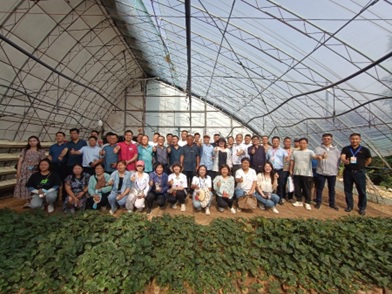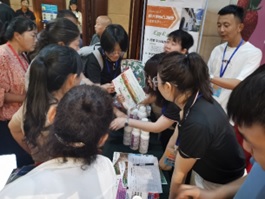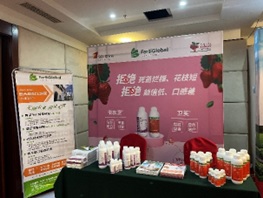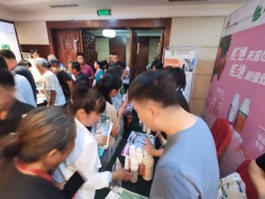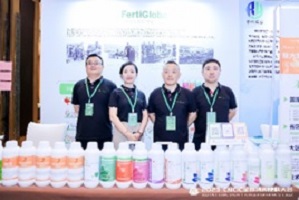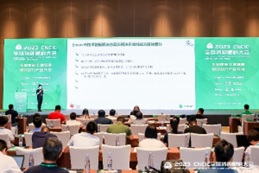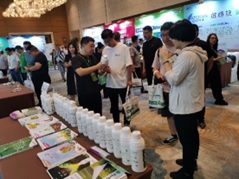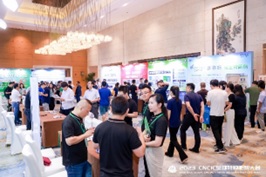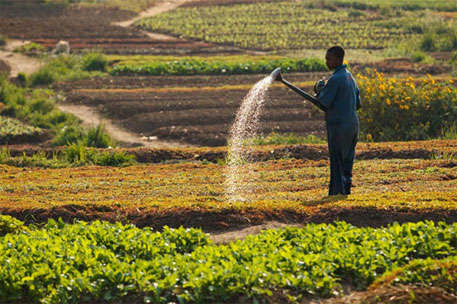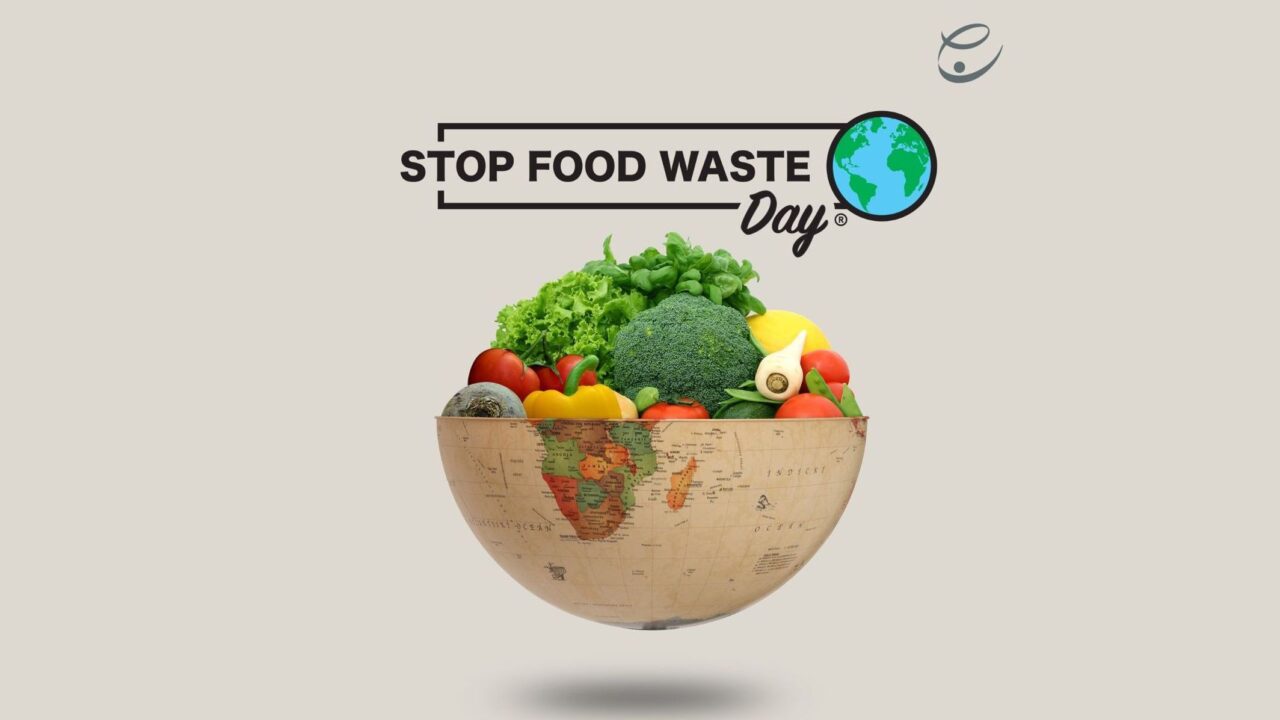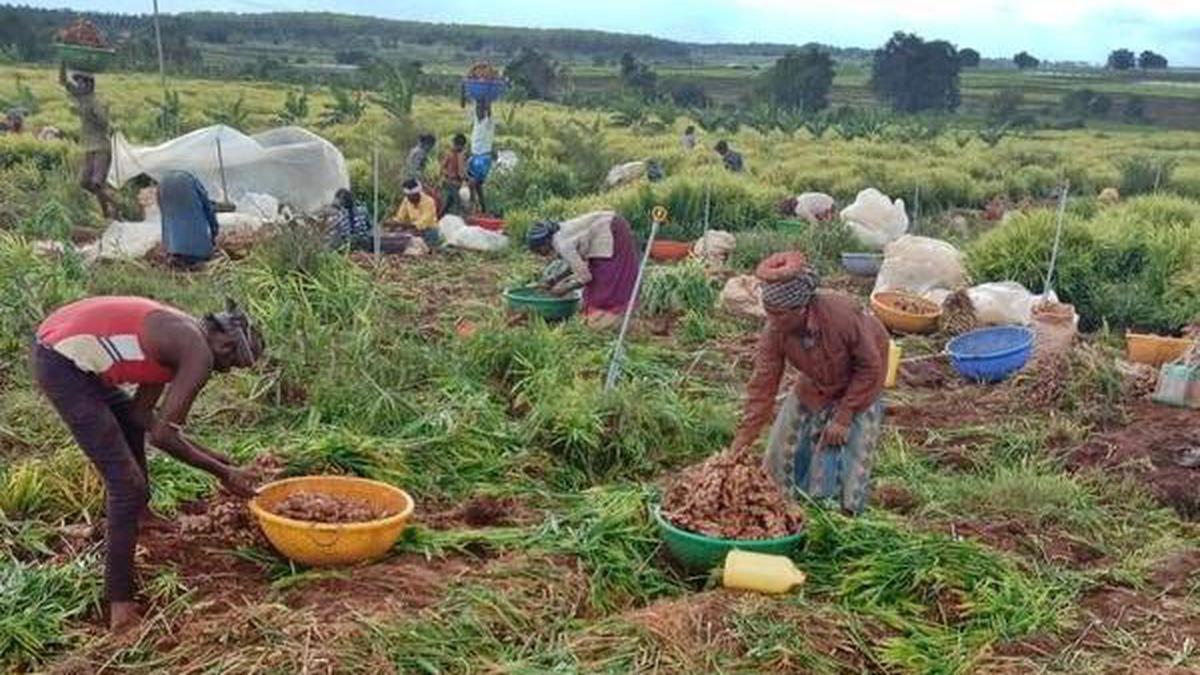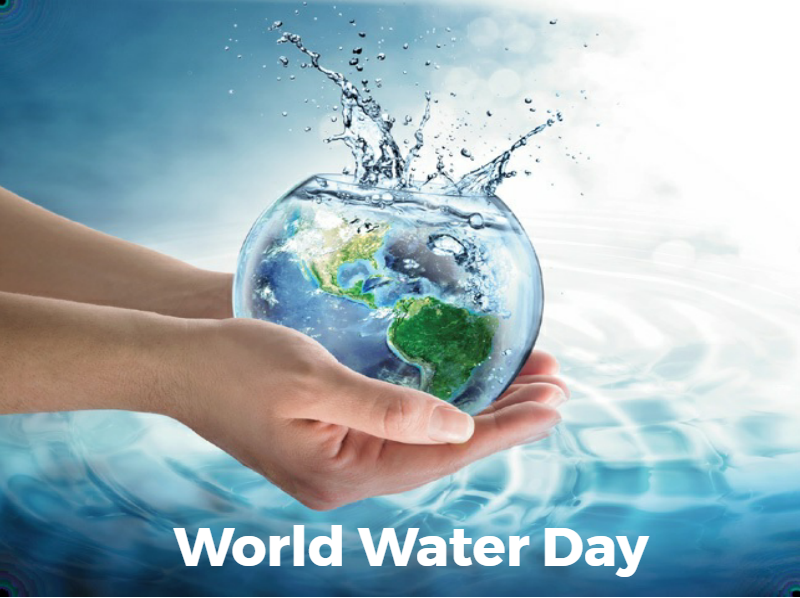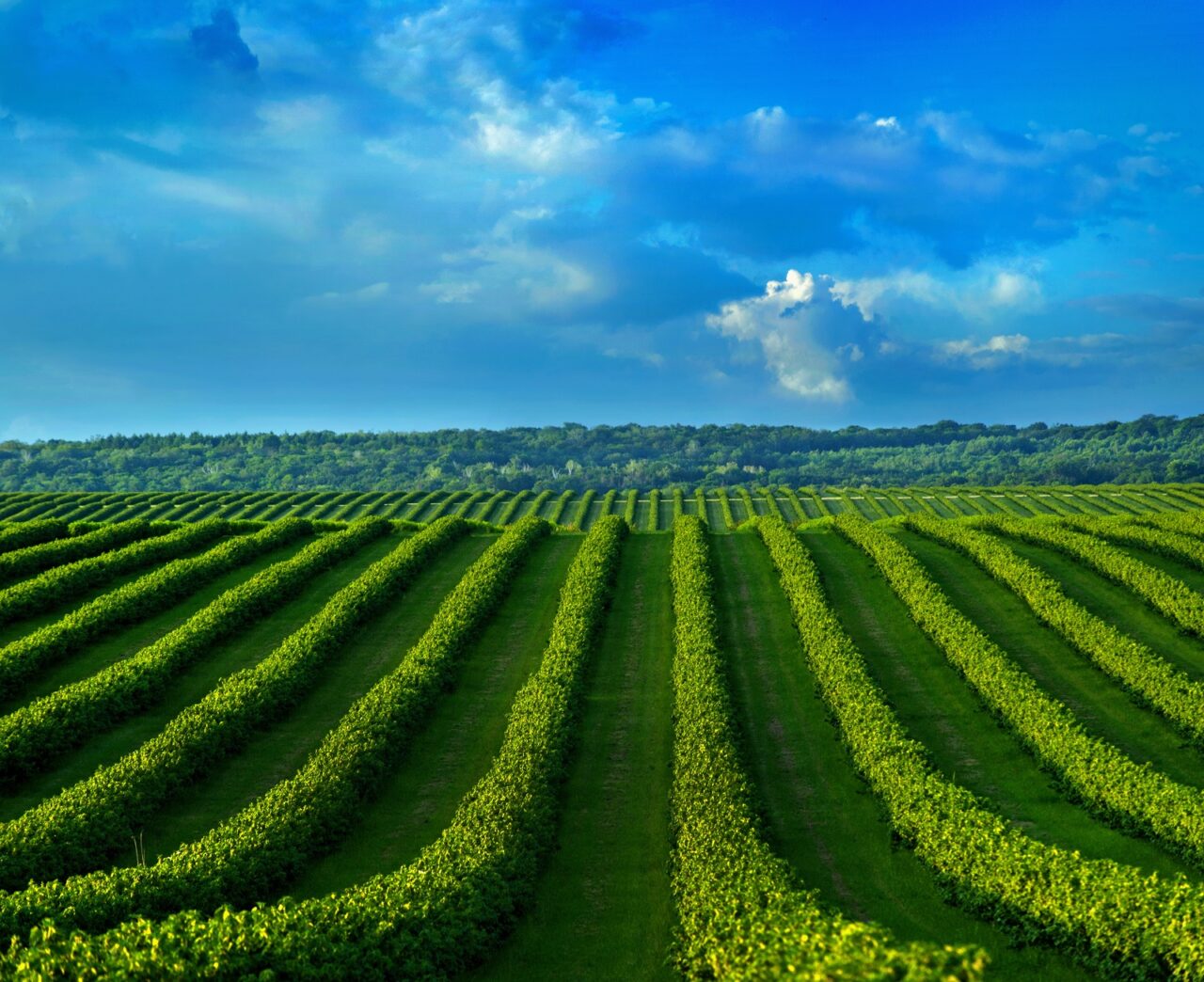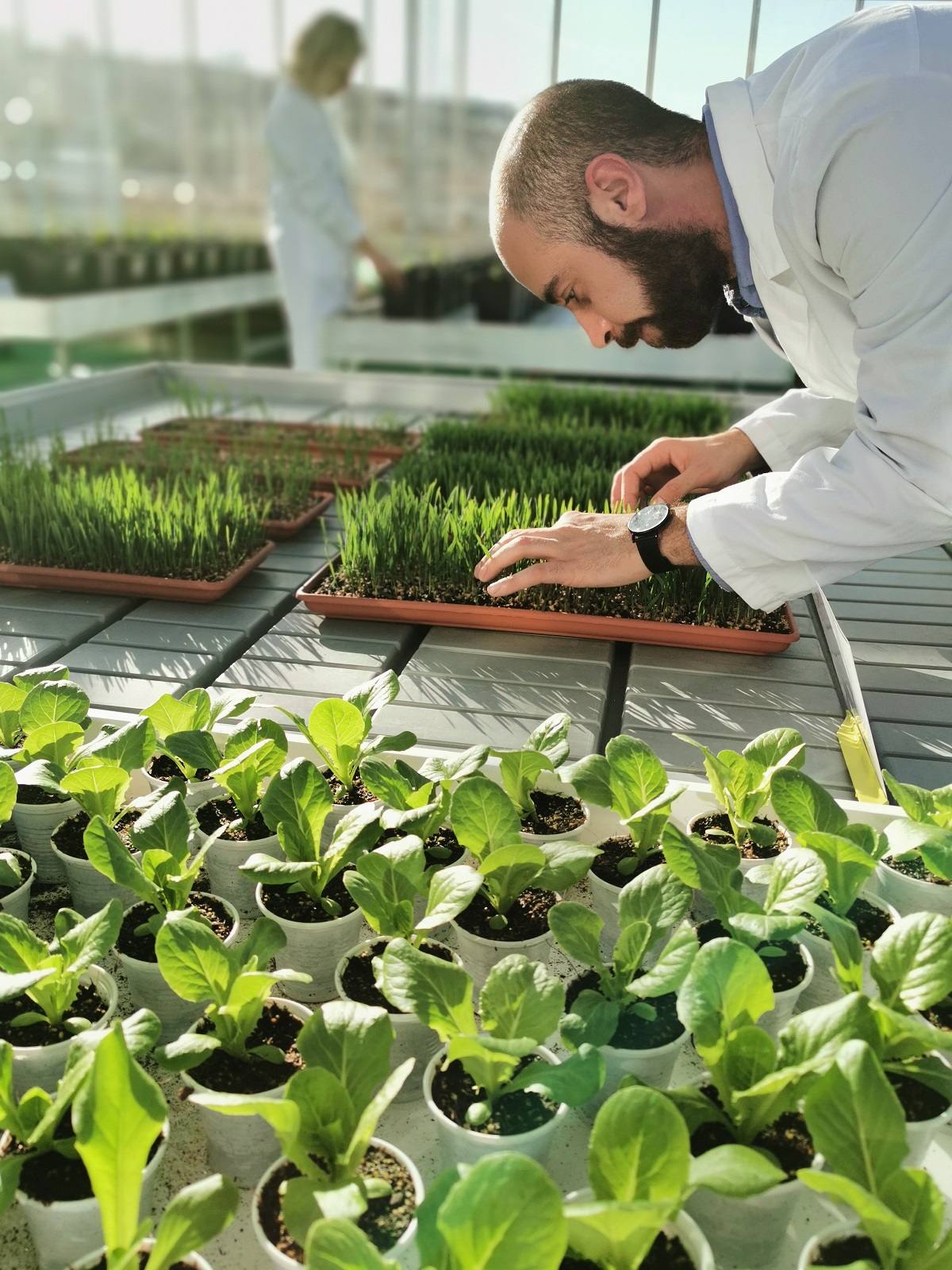World days
UN Food Loss and Awareness Day
We don’t talk enough about food loss and waste, even within agriculture, but if you knew that 30% of the world’s agricultural land is producing food that is never going to get eaten, wouldn’t you want to know why? Wouldn’t you want to do something about it?
At FertiGlobal, we’re committed to playing our part in making agriculture more sustainable. Ultimately, that means doing more with less, and making better use of the resources available to us. Today, September 29, is the United Nations’ International Day of Awareness on Food Loss and Waste Reduction, established to raise awareness and help promote a global effort to address it.
We’re staunch supporters, not least because our whole philosophy here at FertiGlobal is about helping farmers get the most from the land they farm.
Let’s first look at some facts. Nearly a billion people faced the despair of hunger in 2022, yet we lost 13 per cent of the world’s food between the points of harvest and retail. If you thought that was bad, what about the 17 per cent of global food production wasted by households, food service industries and retailers? How can we justify these losses when so many people are going hungry?
It’s more than social consciousness, too. Food loss and waste do much to undermine the sustainability of global food systems. Water, land, farm inputs, energy, labour and capital are all wasted when food is wasted. What’s more, at a time when we’re more attuned than ever to the growing threat – and reality, after a year of record-breaking temperatures, devastating droughts and rampant wildfires – of climate change, food loss and waste is a ‘low hanging fruit’ as we seek to reduce emissions.
Agriculture already accounts for around one-third of global greenhouse gas emissions. But the level of food loss and waste we currently experience equates to a completely unnecessary and avoidable 7% of emissions that we could – if there’s both the will and the way – remove immediately.
Of course, such a change won’t happen overnight. That’s why the United Nations’ International Day of Awareness on Food Loss and Waste Reduction is so important: we need to improve understanding and change behaviour at every level of society, from farmers to consumers. This is a problem we must tackle together.
We’re acutely aware of our own responsibilities here at FertiGlobal. That is why we’re so invested in our Total Crop Management approach to crop production, crop health and crop nutrition. From the very moment a crop is sown, we can empower growers to make the right decisions and take the right steps to ensure that its needs are met, and its yield potential realised. By encouraging such practices, we make more efficient use of scant and precious resources – ultimately leading to that happy state of being able to grow more with less.
But it’s not just in the field that these decisions and practices have an effect. Using the right products at the right time can ensure that harvest takes place at an appropriate time – meaning less chance of produce being left in the field, for example. A healthy crop in the field also means a longer-lasting crop in store: fruit with adequate calcium levels, for instance, will be less susceptible to damage during handling and processing, more resilient to pathogens, and more likely to exhibit a longer shelf-life.
In a global society that’s perhaps more divided, more disunited, than ever before, food remains the great leveller: the one thing that no-one can do without. It’s not for nothing that people say farming is the most important job in the world, because without our farmers and growers, life would no longer be as we know it.
It’s in all our interests to make food production more productive, less wasteful, and less damaging to our environment. It’s within everyone’s ability to contribute to the effort: a farmer seeking out the crop inputs that can have a lasting effect on food’s durability and longevity through the food chain, the consumer who commits to wasting less of that carefully grown produce, a retailer using technology to improve logistics and shelf life, or the agricultural supplier doing the legwork to develop the products that can support a more responsible, sustainable agricultural industry and a less wasteful food system.
It’s this last role we’re proud to be fulfilling ourselves, here at FertiGlobal.
What action will you commit to undertake on Food Loss and Awareness Day?



